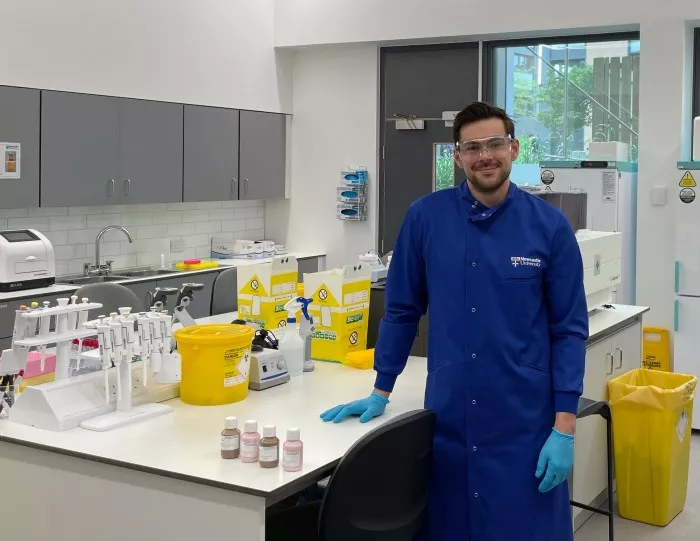According to a new study, people with type 2 diabetes may start beverage management by drinking a prefabrication agent containing a low dose of whey protein before meals It is reported that they were monitored for a week during their normal daily life. To compare the potential benefits of whey protein, these people also spent a week drinking a control injection without protein to measure each other's results.

Data map
The results of continuous glucose monitoring showed that glucose levels were better controlled when taking whey protein supplements before meals. On average, participants had two more hours of normal blood glucose levels per day than during the week without protein. In addition, their daily blood glucose level was 0.6 mmol / L lower than that of the control supplement without any protein.

Daniel West, senior lecturer and principal researcher at the human nutrition research center and the diabetes research group of the University of Newcastle, said: "Although previous studies conducted in the laboratory for several hours have shown the potential of this dietary intervention, this is the first time that people are monitored during normal life. We believe that whey protein plays a role in two aspects: first, slowing the speed of food passing through the digestive system, and second, stimulating some important hormones to prevent blood sugar from rising too high. As we see more and more people around the world suffering from diabetes It is more important to investigate the potential of drug substitutes such as food supplements. "
It is reported that 18 patients with type 2 diabetes drank a small drink containing 15 grams of protein 10 minutes before breakfast, lunch and dinner within seven days - 100 ml. in addition, they continued to take their prescription drugs for diabetes. Then continuous glucose monitoring automatically tracks the blood glucose level within one week.
Kieran Smith, who is responsible for blood glucose monitoring and data analysis, said: "people can adhere to this system and like the idea of a convenient, delicious and small prefabricated beverage that can be carried with them and taken before meals."
The team intends to further explore the benefits of non-medical interventions by conducting research on a larger scale and over a period of up to six months. In addition, they plan to study alternative proteins, such as those from plant sources, so as to open up new options for vegetarians and religious dietary needs.